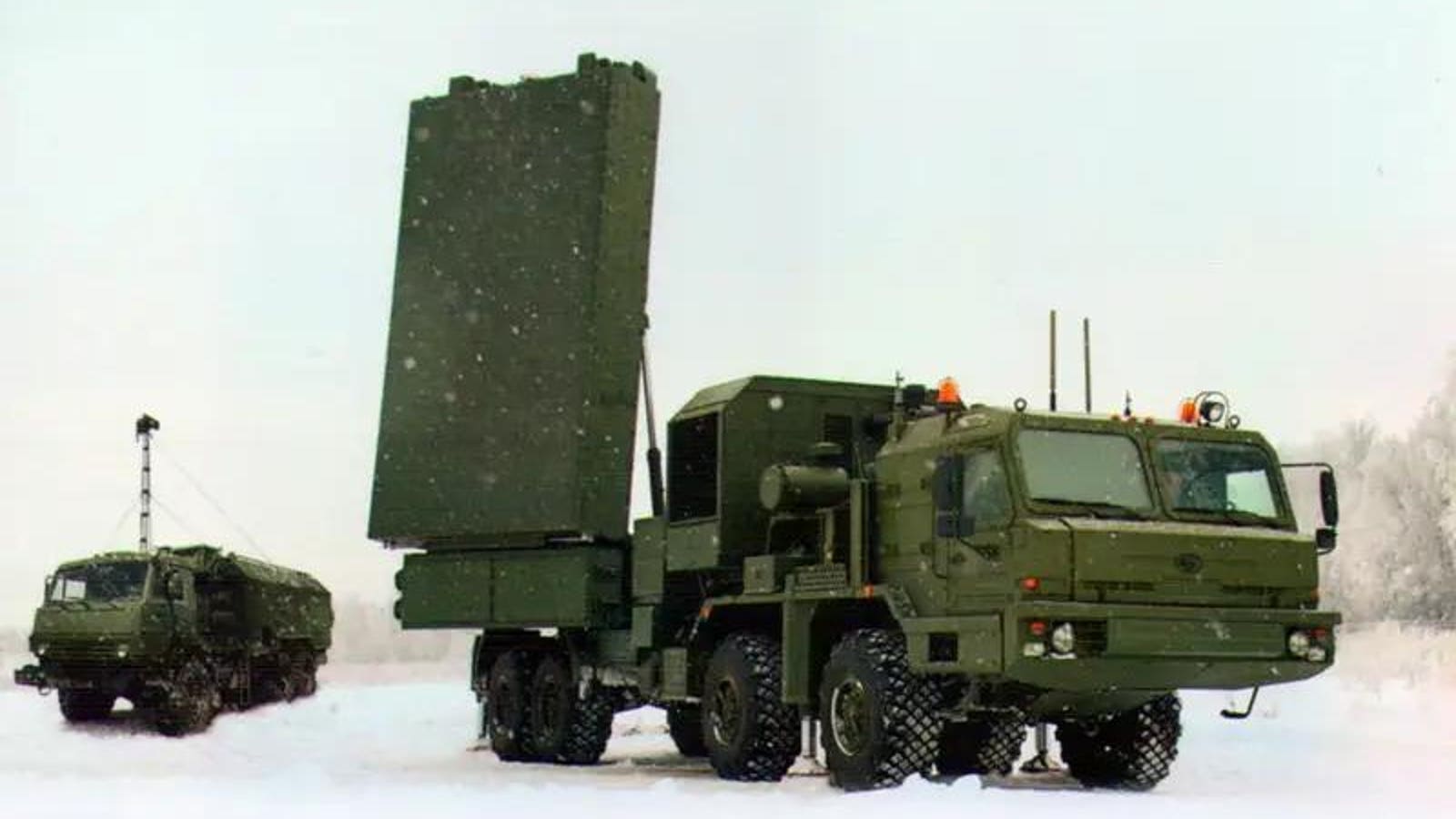Ukraine plinking a Russian GPS-jammer with a GPS-guided bomb. Ukrainian drones blowing up Russian drone-jammers. Ukraine’s cruise missiles striking Russian air-defense sites whose missions include, you guessed it, shooting down cruise missiles.
Russia’s 23-month wider war on Ukraine has seen a lot of ironic, darkly-hilarious clashes. The latest was also one of the quickest between setup and punchline.
On Tuesday morning, Russian media announced the deployment, to Ukraine, of Russian forces’ latest high-tech counterbattery radar. A few hours later in southern Ukraine, the Ukrainians blew it up … with artillery rockets.
The irony deepens. In theory, a Russian Yastreb-AV radar would help to protect Russian troops from Ukraine’s American-made High-Mobility Artillery Rocket Systems launchers—its HIMARS. Now guess what the Ukrainians used to destroy that first Yastreb-AV.
That’s right: HIMARS.



The same holds for radar. A radar literally shines a light that anyone looking for it can see. Pinpointing a radar is trivial. Mobile radars can’t stay and detect from a location for very long, without risking an artillery strike. Fast setup and teardown times are crucial, along with a strategy where multiple mobile radars cover for each other, so detection is never offline for long.
For some radar. This is actually the biggest gap between western capabilities and Russian - Russia does not make proper digital AESAs, which are very critical for LPD operation. If you only transmit in scanning pencil beams, it is extremely difficult to locate you.
This was an interesting conversation to follow, but I got lost on the acronyms. Could you expand those please? TIA (thanks in advance)!
Just taking some guesses based on a minute of googling:
digital active electronically scanned array (AESA)
Low Probability of Detection operations
So normal radar is like a lightbulb. You can tell where it is from any direction. The right kind of AESA is like a laser. You have to more or less be right in the path to detect it, and you have to detect it to locate it.
You can look up what the acronym AESA means without unstanding it.
Take two speakers that are next to each other. If they emit a tone of the same frequency, the sound will “add up” and be louder in some directions, and cancel out to some degree in others.
A phased array radar uses the same concept, but now on electro magnectic waves, instead of sound waves. And with much more than just 2 emitters. By carefully choosing the phase of the signal in each emitter, itnis possible to both choose a single direction that receives the strongest signal, and to tighten the spread around that direction (creating a pencil beam). This is what the dish is for in standard radars.
If these phases can be fully controlled electronically, you can steer where you are looking, and swap between wide and narrow search beams in an instant. However, that is not a trivial thing to produce. So cheaper phased array radars use mechanical systems, or partial electronic steering (example: only horizontal steering).
Speed is the essence of war, and speed has definitely been the deciding factor. That and logistics. Last I read, Russia was still supplying their military with unpalletized, man-portable crates that take teams of men hours to unload, while Ukraine has their goods loaded onto pallets that take a couple guys with forklifts a couple minutes to get off the trucks and to the people who need them.